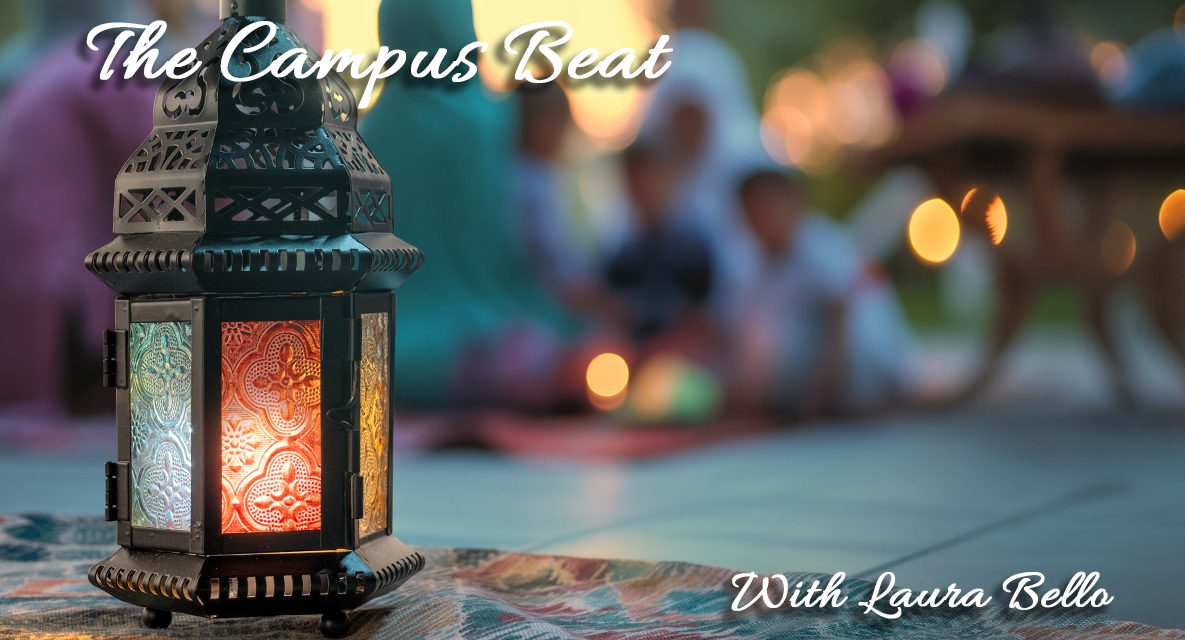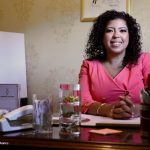I had the opportunity to attend an eye-opening exchange of cultures via an event set up by the Bertha Harris Women’s Center. On March 19, a public meeting was held discussing the current Ramadan season. As I was raised Catholic, I genuinely didn’t know much about the holiday before this, and I left the meeting with newfound knowledge.
Nada, an intern at the Women’s Center and a practicing Muslim, showed us a video meant to teach children about Ramadan, which gave me the introduction I needed. To summarize from the video, Ramadan is a month-long celebration of when the Qur’an was given to the Prophet Muhammed. Muslims who celebrate do so by fasting, praying, performing acts of charity, and spending time with family.
I asked Nada what Ramadan meant to her personally, and she said “It means to give, to cherish everyone, spread love.” I also asked if she’s ever faced discrimination based on her religious beliefs, and she thankfully said no.
The vast majority of my family are Baby Boomers or older, and I unfortunately can say that casual racism and religious-based discrimination are both alive and well. Our generation is the most open-minded and compassionate to date, so I believe we can end this nonsense in the future for good.
Paraphrasing Noor, a freshman and Muslim woman present at the meeting, she said Ramadan means “Qur’an, being closer to God, patience, getting a sense of how poor people live everyday [via fasting], and family.”
The surface-level comparisons I would make based on my Catholic upbringing remind me of Christmas, though I can’t say I’ve ever participated in any fasting rituals, and acts of charity tend to get buried by how bombastic and loud the consumerist aspect of the holiday has become.
I asked Catherine Lavender, the Director of the Women’s Center, why she felt an introduction to Ramadan was necessary. “What we were hearing from the Muslim community was they felt non-included, not visible. So, we thought this would be a really helpful way of addressing that.” She also admitted that “It’s also a difficult time to have conversations about this right now.”
I agreed, with the current political climate being more volatile than ever, just talking about anyone’s faith or culture can spark a fight.
“We want to model how people can have civil conversations even in the midst of complicated times.” Lavender concluded.
I’m grateful for the knowledge I gained from attending the meeting and I encourage students to step outside your cultural bubble and learn something new about your fellow students. Ramadan Mubarak!













